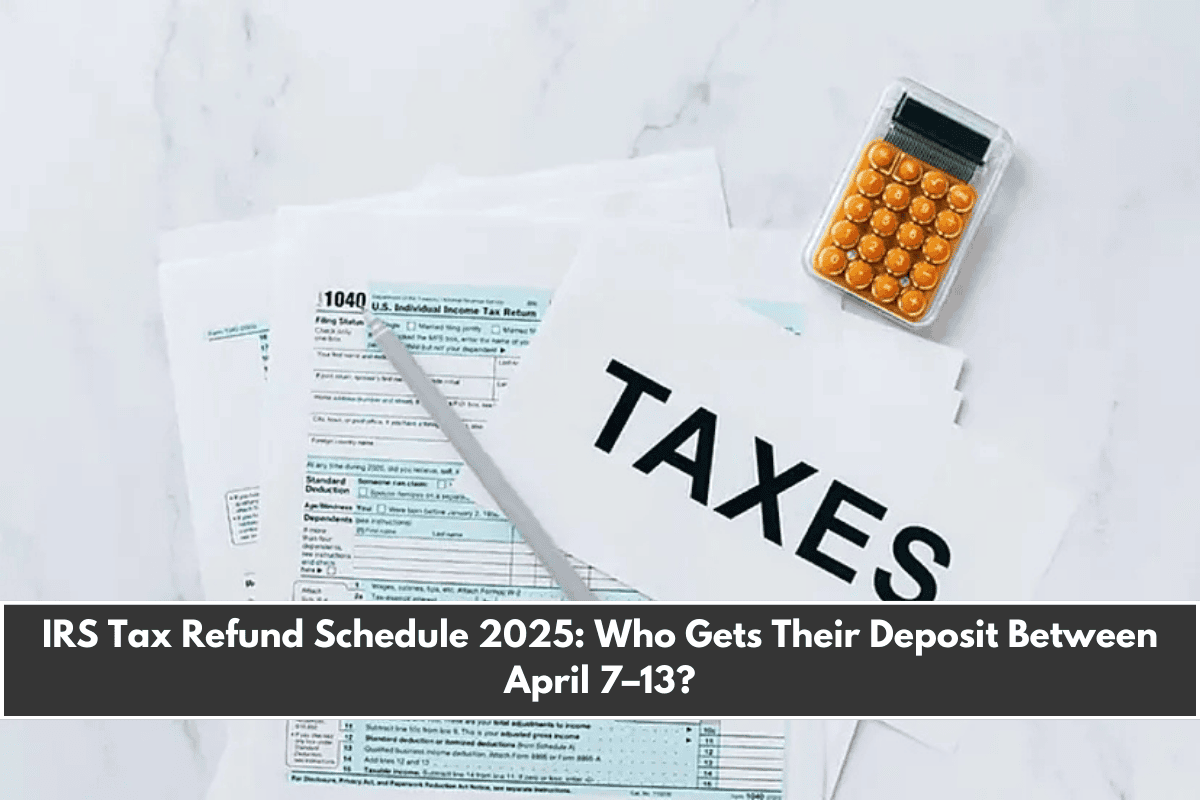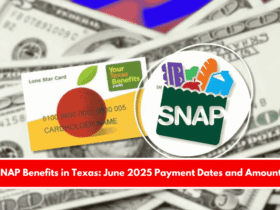Tax season can feel overwhelming, but there’s a bright side—getting your refund. For many Americans, it’s one of the most awaited times of the year. After going through the process of filing taxes, that extra money can make a big difference for household expenses, savings, or unexpected bills.
If you’re wondering when your IRS refund will arrive, you’re not alone. Let’s break down how long it takes, which method is fastest, and who should expect their refund in April 2025.
How Long Does It Take to Receive a Tax Refund?
According to the Internal Revenue Service (IRS), most refunds are processed and sent within 10 to 21 days. But this time frame depends on several things:
- How you filed (online or by mail)
- When you filed
- Which refund method you selected (direct deposit or paper check)
- If you claimed special tax credits like the Earned Income Tax Credit (EITC) or Child Tax Credit (CTC)
Some credits, such as EITC and CTC, can delay your refund, as the IRS is required by law to hold those refunds until at least mid-February to check for fraud.
Average Refund Processing Times
Here’s an easy guide based on how you filed and how you want your refund:
| Filing & Delivery Method | Estimated Time |
|---|---|
| E-filing + Direct Deposit | 1 to 3 weeks |
| E-filing + Paper Check | About 1 month |
| Paper Filing + Direct Deposit | Around 3 weeks |
| Paper Filing + Paper Check | Up to 2 months |
Clearly, the fastest way to receive your tax refund is to file electronically and choose direct deposit.
Who Will Get Their Refund in April 2025?
The IRS issues refunds based on a general schedule. If you filed during certain dates, you can expect your money around these times:
Direct Deposit Refunds
- If you filed electronically between March 18 and March 24, and chose direct deposit, you may receive your refund by April 14, 2025.
Paper Check Refunds
- If you filed in early February and selected a paper check, your refund may arrive around Monday, April 7, 2025.
These are estimated dates and can vary slightly due to bank processing times or any errors in your return.
What Can Delay Your Refund?
A few common issues can slow down your tax refund:
- Incorrect bank or personal details
- Missing or wrong Social Security Number (SSN)
- Filing a paper return instead of online
- Claiming EITC or CTC
- Mail delays if you chose a paper check
Always double-check your return before submitting it and use the IRS tool “Where’s My Refund?” to track your refund status.











Leave a Reply